
Marissa Mayer is not facing a Steve Jobs-type opportunity at Yahoo
I see an interesting trend among people emailing me to comment about Marissa Mayer: They see her hiring at Yahoo as some kind of trick by Google. Ms. Mayer is Google to the core, readers say, and she’s going to Yahoo simply as a commando to pick and choose future Google acquisitions.
No, she isn’t.

Crowd funding: How to limit the risk of getting ripped off
The Kickstarter website has moved crowd funding into mainstream media. There is virtually no news site, newspaper or TV network left out there that has not reported on recent funding success stories. You may have heard about Double Fine Adventure's million Dollar ride that got the ball rolling for some serious game funding on the site, or Pebble, the e-paper watch for iPhone and Android that managed to rake in more than $10 million.
People who pledge a certain amount of money often get something in return. In the case of Double Fine it is a copy of the adventure game that the developers want to produce with the money, and for Pebble, it is one of those iconic watches. Pledges can be retracted for as long as the funding has not ended. Afterwards, the money is only transferred if the funding has reached the desired goal. If that is not the case, backers are not charged a single dime. It gets fuzzy when a project has crossed the funding goal and reached the end of the funding stage. Once the money has been transferred, there is not really any transparency as to what happens with the money from that moment on forward.
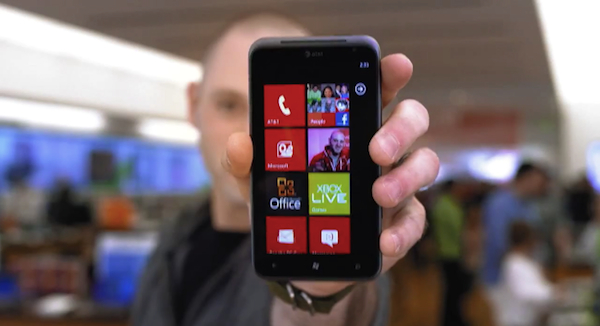
I don't know whether to cheer or cry for Microsoft
From one perspective, 2012 looks like a great year for Windows Phone, with about 17 percent year-over-year growth in the United States. Outstanding! But, uh-oh, that's from a tiny base. Get out your magnifying glass -- share will rise from 3.5 percent to 4.1 percent, according to Strategy Analytics. Ah, yeah.
The analyst firm's forecast is for actual number of smartphones sold, not shipped -- 123 million, 5 million of which will have Windows Phone. That's up from 101.8 million and 3.5 million, respectively, in 2011.

Got Windows XP or Vista? You won't get Office 2013
Microsoft really wants you to stop using XP and Vista. Office 2013, which preview released this week, only supports Windows 7 and 8. XP is still the most widely-used Windows version (although Net Applications says that could change this month). From the perspective of customers, the move doesn't make much sense. But Microsoft, of course, is more interested getting them to upgrade.
Microsoft gambles a lot on this decision. According to NetApps, 47.28 percent of computers run the rather old Windows XP and a minuscule 7.29 percent use Vista. Combined they have 54.57 percent usage share, which is not insignificant by any matter and a clear warning sign about the move. Office 2013 cuts off more than half the current Windows install base.
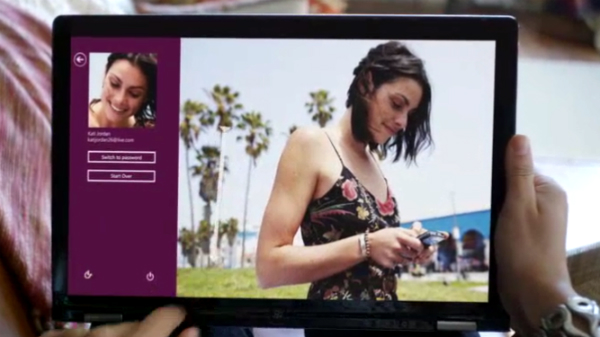
Eight awesome ways to improve Windows 8
Like all previous versions of Microsoft’s operating system, Windows 8 is highly customizable, so if there’s something about it you don’t like -- something fairly minor that is, rather than the entire OS -- you might be able to change it by installing a third-party app, or making some registry tweaks.
There are a lot more than eight ways to improve Windows 8 of course, but these are some of the ones I’ve found the most useful.

Office politics are killing Windows 8
A letdown. That's the only way to describe Microsoft's Office 2013 announcement. With the fate of the Windows ecosystem hanging in the balance, the Redmond, Wash.-based giant is doing what it always does when faced with a tough, course-changing decision: It’s playing internal politics.
On one side you have the Windows division. Right now, they're facing an existential crisis, with Apple and Google poised to dominate the emerging post-PC landscape. Division head Steve Sinofsky and his team need all the help they can get to crack into this new territory that threatens to subsume everything that came before.

Microsoft moves your Office to the cloud
There's a reason CEO Steve Ballmer unveiled Office 2013 early this afternoon. Microsoft's productivity suite has a new face, so to speak. His presence communicates the company's commitment, particularly to businesses -- many of which are gun shy to big changes. The new version really isn't about applications after all but the cloud. Sure, the new suite is finger-licking good, however, it's what Microsoft offers beyond the device that matters more. The software giant is in process of completely reinventing Office for the cloud-connected device era.
The new Office is just that -- a new office for you to do you work. Your new cubicle is outdoors, or anywhere you want to be. In this new workplace Microsoft wants you to pay differently, too, by pushing subscriptions instead of your paying once for perpetual licenses. Ballmer and Co. prefers to collect monthly fees, just like your cable provider. Subscription computing is the Holy Grail sought by Microsoft since the 1990s and something of a pseudo-achievement a decade ago with business annuity license contracts.
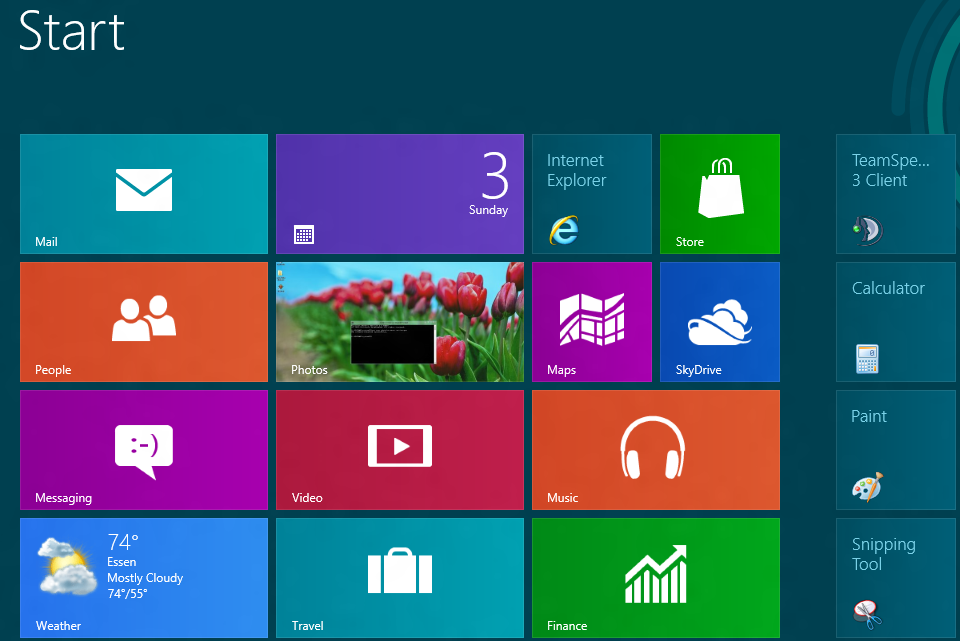
Microsoft should follow Apple's lead and ditch the disc in Windows 8
Microsoft plans to simplify Windows 8 sales by eliminating the full version of the operating system and focusing on upgrade and "system builder" editions. The change likely means that Windows 8 will be cheaper by and large to obtain the most consumers.
Pundits Paul Thurrott and Mary Jo Foley spoke of the move, citing sources on their weekly Internet radio show "Windows Weekly". The move follows another from April where the company announced Windows 8 would only be available in standard and Pro editions, aimed at making the purchasing process much easier.

Microsoft learns from Apple -- hardware creates innovation, software doesn't
Earlier this week, Microsoft bought Perceptive Pixel, a touchscreen development company. Many people see this as Microsoft's commitment to the Surface tablet, the Windows 8 operating system and idea that touchscreen technology will play a much bigger role in the near future.
Currently, Perceptive Pixel has three different models featuring 27-inch, 55-inch and 82-inch touchscreens, and while that certainly is a long way from the 7-inch Surface tablet, it could very well mean that part of the company's technology finds its way into a second-generation tablet or a refresh of the first. The acquisition could have an even larger effect than that. Big changes are afoot.
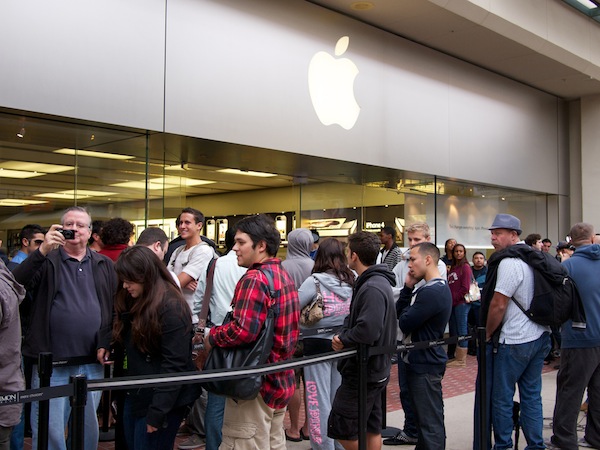
I won’t boycott Apple
My colleague Joe Wilcox certainly created a storm when he declared his independence from Apple on July 4th. Annoyed by what he saw as the fruit company’s aggressive patent bullying, which he believes "thwarts competition and takes away consumer choice", he sold his remaining Apple devices, and now refuses to touch anything the company makes.
He’s not alone. The #boycottapple hashtag has gained a fair amount of traction on Google+, Reddit and Twitter and many, many words have been written on the subject. Read Joe’s articles if you need more background.

The PC is a dead parrot
Second-quarter PC shipments are grim. They're flat globally, but down 5.7 percent or 10.6 percent in the United States, depending on whether Gartner or IDC counts the numbers. IDC puts Mac shipments down for the first time in years (Gartner disagrees). When the malaise hits Macs, Cupertino, we have a problem.
Is it the calm before the big sales storm or the new normal, as consumers and businesses snap up smartphones and tablets? There's no easy answer until Apple and Microsoft ship new operating systems. Likely, it's combination of both, as manufacturers buttress against the slowest sales quarter of the year by cutting back channel inventory and preparing for dramatic changes in computing purchase priorities. The one certainly: The quarter sucked spoiled eggs cooked over-easy.
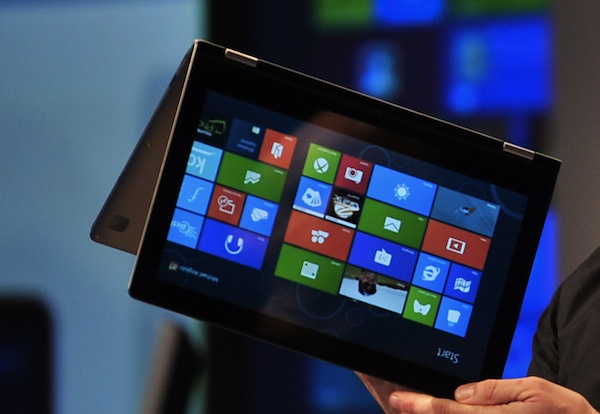
Windows 8 Metro is pointless for the enterprise
Yesterday Betanews published an interesting piece looking at how successful (or not) Windows 8 will be in the enterprise market. One of the areas it questioned was just how well the Metro UI would go down with end users in the workplace.
This reminded me of a concept that seems to have been much forgotten since we all fell in love with the touch screen. It is called Gorilla Arm. The term was coined over 30 years ago by engineers looking for a way to describe how users actually interact with vertical touchscreens in the real world. Basically users arms get sore and heavy when using these types of interface for extended periods of time. It is not a new phenomenon, far from it, and has been backed up by numerous interface and usability researchers for decades. Try it yourself now whilst sitting at your desk. Reach out and stab at your monitor. Then keep doing it. After a period of time your arms will feel like a gorilla's. So how is the Metro UI going to cut it with enterprise audiences?
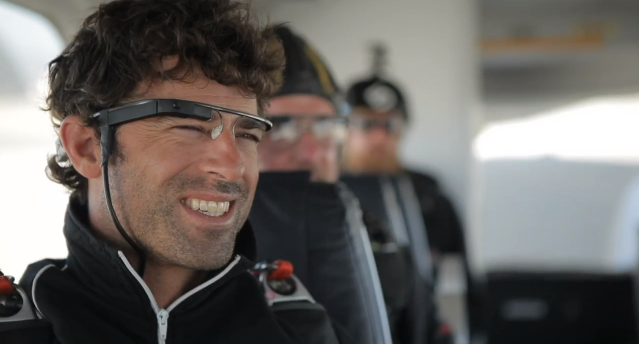
Jelly Bean gives clues to Google Glass future
Two weeks ago during I/O, Google made many announcements, with Android 4.1, or Jelly Bean, among them. But there was more: Nexus 7 tablet, media-streaming sphere, new Google+ features, some updates to the Google Maps app, and Glass, Google’s idea for "smartglasses".
All these different products may make Google seem scatter-brained, but I think Project Glass accounts for many of the Android updates. Glass is clearly important to Google. Cofounder Sergey Brin says that he spends about 50 percent of his time on Project Glass. Google also went way out on a limb last April when releasing this concept video for a product, when at the time, they said they had no plans for bringing Glass to production, and they still have no clear plan today.
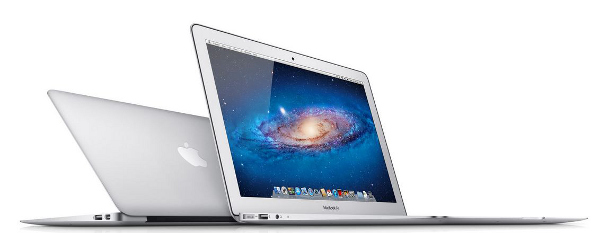
The things you must know about Apple becoming 'less green'
This week, the Green Electronics Council announced that Apple will no longer submit any of its products to EPEAT, the Electronic Product Environmental Assessment Tool, for environmental rating, removing all of its products from the standardized green ratings system used by all US federal agencies.
Naturally, the subject of Apple rejecting compliance with anyone would generate a lot of discussion. However, there are some major pieces of information that get lost in the shuffle of news and the rush toward instant partisanship and polarization to sell a story. Below, we'll look at some of the basics of the story without dipping too far into the horribly overplayed "Apple vs. The World" trope that populates the Web.
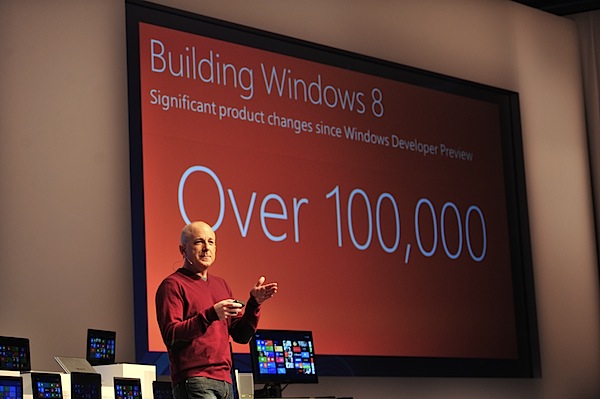
Windows 8 will be the new Vista?
What should business expect from Windows 8? Do they even want it? Do IT decision-makers believe the OS will provide them with additional features that will improve their business operations? We can’t fully know the answer until Windows 8 launches in October, although more will be revealed when volume-license subscribers get access to the software early next month.
For now, here is what we do know: Version 8 is a sharp break from the existing Windows brand of operating systems. That brand has been around since the DOS-days. Microsoft is striking out in new ways that will push the OS technology in new directions. Many businesses won't want to follow.
